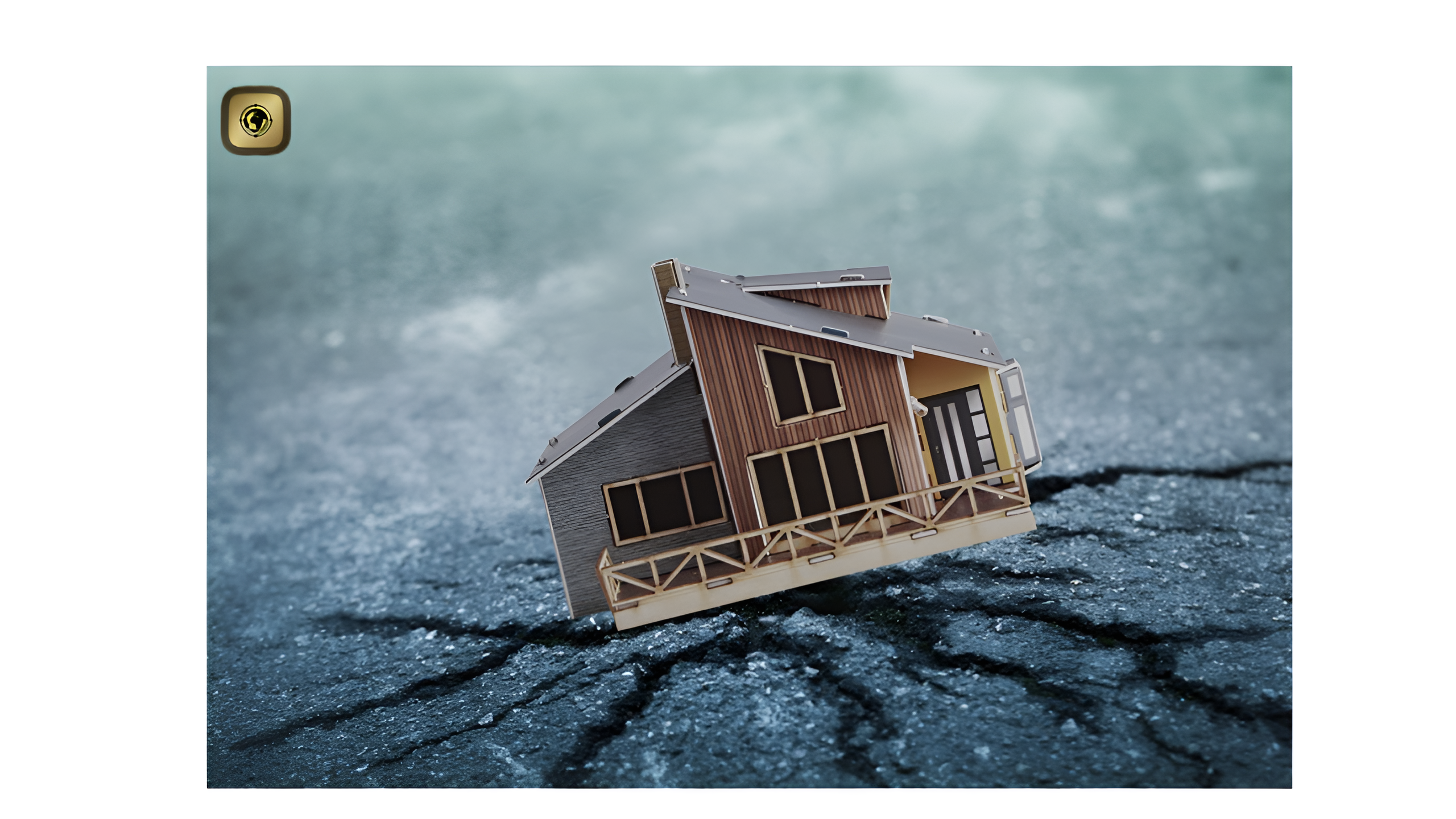March 26, 2025
- On February 17, 2025, a 4. 0-magnitude earthquake struck Delhi and Noida, resulting in widespread anxiety among the inhabitants. Although no significant damage or fatalities were reported, the tremors highlighted the area’s susceptibility to seismic events. As Delhi lies within Seismic Zone IV—a high-risk earthquake zone—it is essential for both individuals and businesses to grasp the significance of earthquake insurance.
Why is Earthquake Insurance Essential?
- Earthquakes are unpredictable and can inflict severe damage on homes, infrastructure, and businesses. Unlike floods or fires, which may be included in standard home insurance policies, most insurance plans in India do not encompass earthquake damage unless expressly added as an optional coverage. This implies that individuals lacking earthquake insurance might need to shoulder the entire financial responsibility for repairing or rebuilding their homes and offices.
Risks of Overlooking Earthquake Insurance
1. Financial Burden: A powerful earthquake can inflict structural harm necessitating costly repairs. In the absence of insurance, homeowners are left to cover the expenses personally, leading to economic hardship.
2. Diminished Property Value: A building that has sustained damage loses its market value, complicating future efforts to sell or rent it out.
3. Interruptions to Business: For entrepreneurs, earthquake destruction can result in operational halts, culminating in considerable revenue losses.
4. Expensive Relocation: In the event of extensive devastation, individuals may need to move temporarily or indefinitely, incurring unforeseen costs.
What Does Earthquake Insurance Include?
Earthquake insurance generally covers:
Structural Damage: Repairing or rebuilding buildings that have been damaged by an earthquake.
Contents Coverage: Financial compensation for damaged household items like furniture, electronics, and appliances.
Additional Living Expenses: If a residence becomes uninhabitable due to earthquake damage, insurance may cover costs for temporary housing.
Delhi and Noida: High-Risk Seismic Zone
Delhi, Noida, and the whole National Capital Region (NCR) are categorized in Seismic Zone IV, meaning they are at risk for powerful earthquakes. The area has felt tremors numerous times in the past, such as the catastrophic 2001 Bhuj earthquake and the 2015 Nepal earthquake that affected portions of North India. The current tremor serves as a wake-up call for residents to take proactive steps, including obtaining earthquake insurance.
Who Should Consider Earthquake Insurance?
Homeowners: Regardless of whether you possess a flat in a high-rise or a standalone house, earthquake insurance provides financial safety.
Renters: Although your landlord’s insurance may cover structural damage, your personal belongings may not be safeguarded without your own policy.
Business Owners: Commercial properties ought to contemplate earthquake insurance to prevent business interruptions and financial setbacks.
How to Obtain Earthquake Insurance in India?
- Check with Your Insurer: Numerous general insurance providers offer earthquake coverage as an add-on to home insurance or property insurance.
- Compare Policies: Research coverage specifics, premium amounts, and claims procedures.
- Understand Exclusions: Certain policies might not include pre-existing damage or minor cracks.
Conclusion
- The Delhi-Noida earthquake serves as a reminder that earthquakes can occur at any time, without prior notice. Investing in earthquake insurance guarantees that you and your family are financially shielded against unexpected disasters. Rather than waiting for the next tremor, take action now and protect your home and assets with a complete earthquake insurance policy.
Disclaimer: The information provided above is solely for demonstration purposes. For further information, kindly consult the policy documents and prospectus prior to finalizing the sales.



Leave A Comment